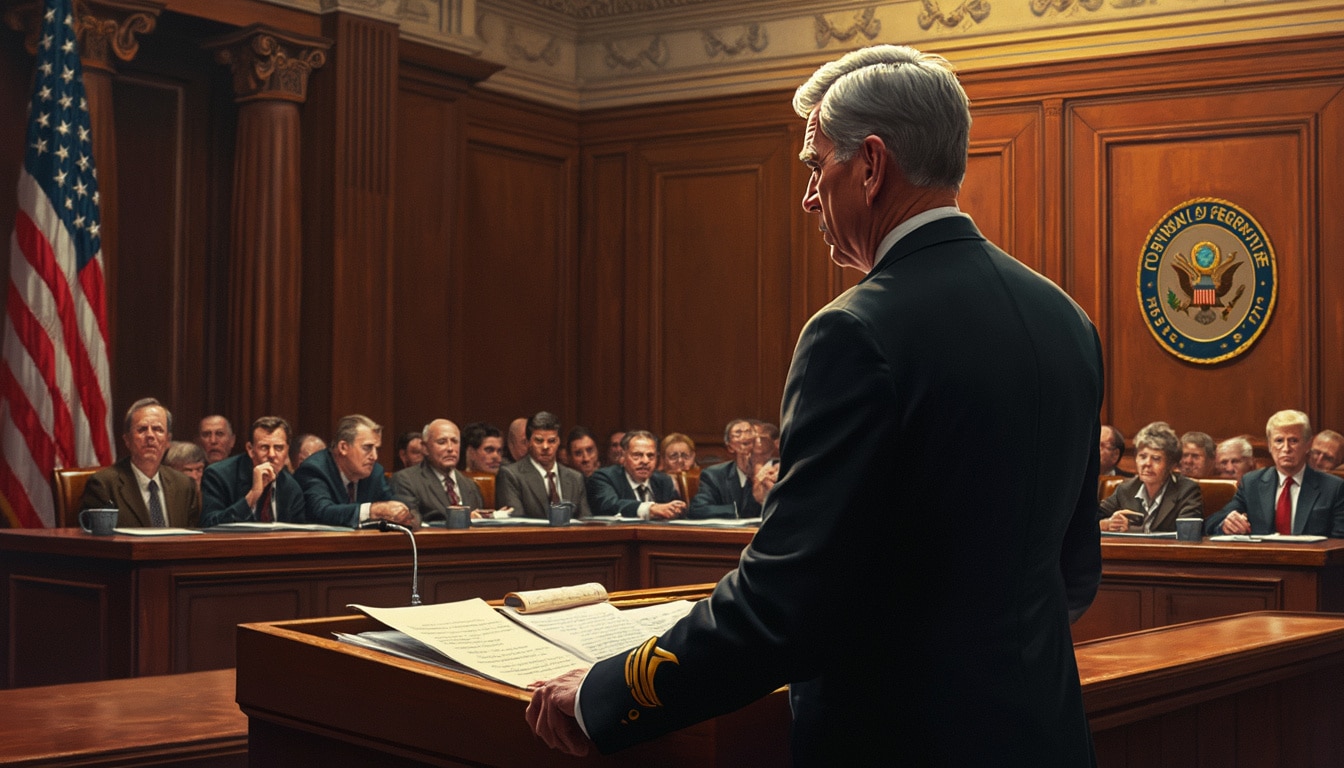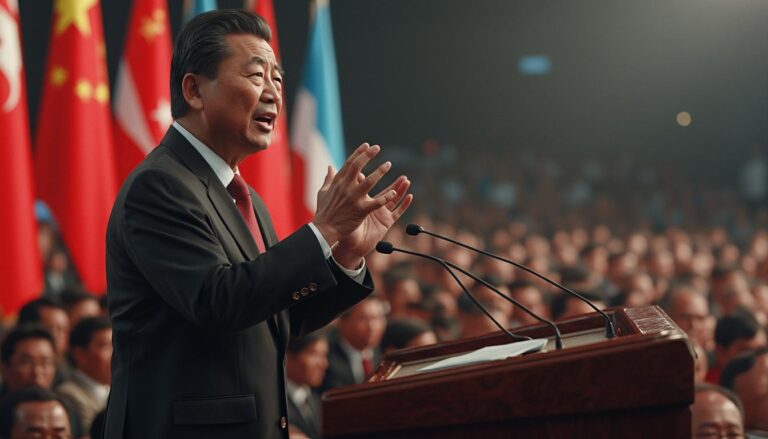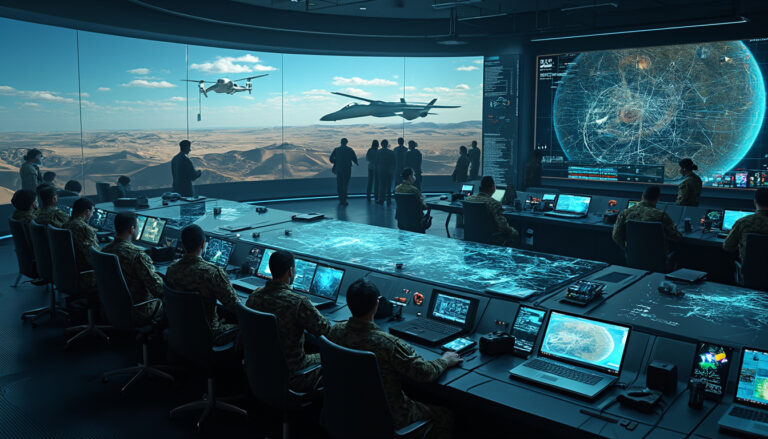Senator Tommy Tuberville is poised to trigger a significant event within the U.S. Senate by seeking to organize a vote on the candidate for the number 2 position in the Marine Corps, following a medical emergency affecting the current leader. This move, which comes after several months of blockages on military nominations, could have significant repercussions on defense policies and the operational effectiveness of the armed forces. Tuberville’s initiative could finally allow military personnel to advance in their hierarchy, thereby ending a period of uncertainty.
Senator Tommy Tuberville, due to a health emergency concerning General Eric M. Smith, the current leader of the Marines, plans to convene a vote in the Senate regarding Lieutenant General Christopher Mahoney, nominated for the position of Deputy Commander of the Marines. Tuberville, who previously blocked numerous military nominations due to disagreements over a Defense Department abortion policy, has succeeded in gathering the necessary signatures for this vote to take place. The military promotions that have accumulated due to his blockade could soon reach 650.

Table des matières
ToggleTuberville considers a vote in the Senate on the number 2 of the Marine Corps
Senator Tommy Tuberville, a Republican from Alabama, has recently taken steps to advance the nomination of the second-in-command of the United States Marine Corps, Lt. Gen. Christopher Mahoney. This decision comes after a medical incident caused current leader General Eric M. Smith to be hospitalized. The vote could take place as early as Thursday, allowing Mahoney to take on a crucial role in military operations.
Political context surrounding the nomination
Prior to this move, Tuberville was at the center of a blockade that delayed nearly 378 military nominations due to his concerns regarding an abortion policy within the Pentagon. By leveraging Senate rules, he has managed to spark debates on the validity of such nominations. However, support from Republicans is key to moving things forward, especially when it comes to essential military nominations.
Implications for national security
Delays and blockages in military nominations can have detrimental consequences for national security. Key figures in military leadership, such as General Smith, need to be replaced quickly to ensure the continuity of operations. Defense Secretary Lloyd Austin has warned of the risks to the stability of the military and the protection of American interests. Measures must be taken to prevent these situations from recurring in the future.




















